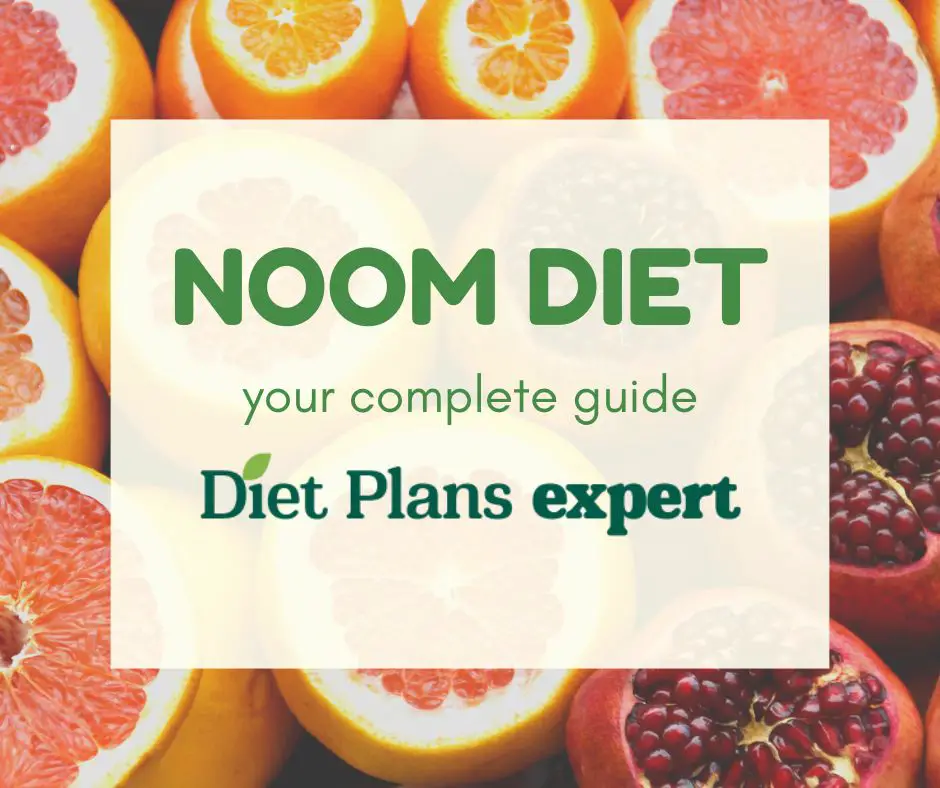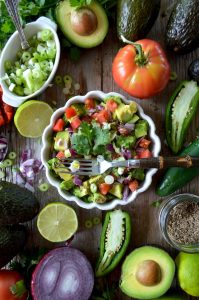
The Noom diet is a popular weight loss program that combines cognitive behavioral therapy (CBT) with a calorie-restricted diet. The program is designed to help you change your relationship with food and develop healthier habits.
The Noom diet is a weight loss program that combines cognitive behavioral therapy (CBT) with a calorie-restricted diet. CBT is a type of therapy that helps you identify and change negative thought patterns and behaviors.
The Noom diet is based on the idea that many people overeat because they have unhealthy relationships with food. The program helps you to identify your unhealthy thought patterns and behaviors around food, and then teaches you how to change them.
The Noom diet is divided into two phases: the Learning Phase and the Maintenance Phase.
In the Learning Phase, you will learn about the science of weight loss and how to change your relationship with food. You will also learn how to track your calorie intake and set realistic goals.
In the Maintenance Phase, you will continue to use the CBT techniques you learned in the Learning Phase to maintain your weight loss. You will also learn how to incorporate healthy habits into your lifestyle.
The Noom diet has been shown to be effective for weight loss. In one study, people who followed the Noom diet for 12 weeks lost an average of 12 pounds.
The Noom diet also has other potential benefits, such as:
The Noom diet is generally safe for most people. However, there are a few potential risks and considerations to be aware of:
The Noom diet is based on the idea that many people overeat because they have unhealthy relationships with food. The program helps you to identify your unhealthy thought patterns and behaviors around food, and then teaches you how to change them.
The CBT techniques used in the Noom diet have been shown to be effective for a variety of problems, including weight loss. For example, one study found that CBT was effective for helping people lose weight and keep it off over the long term.
When you follow the Noom diet, your body undergoes a number of metabolic changes. These changes include:
These changes help you to lose weight and keep it off.
The Noom diet has been shown to be effective for a variety of health outcomes, including:
The Noom diet has a number of potential health benefits, including:
The first step to getting started on the Noom diet is to set realistic goals. Don’t try to lose too much weight too quickly. Aim to lose 1-2 pounds per week.
If you are used to eating a lot of processed foods, it is important to transition into the Noom diet gradually. Start by making small changes, such as:
The Noom diet is a calorie-restricted diet, so it is important to structure your meals carefully. A typical Noom meal might include:

healthy Noom diet dish
The Noom diet is based on the idea of eating foods that are high in nutrients and low in calories. Some foods that you should eat on the Noom diet include:
| Food Category | Examples |
|---|---|
| Green | Most fruits and vegetables, whole grains, lean protein, and non-fat dairy |
| Yellow | Some fruits and vegetables, healthy fats, and starchy foods |
| Red | Added sugars, processed foods, and unhealthy fats |

Healthy food for Noom diet. Photo by Nadine Primeau on Unsplash
Noom also teaches you about the psychology of eating and helps you to develop healthy habits around food. The goal of Noom is not just to help you lose weight, but to help you make lasting changes to your eating habits so that you can reach and maintain a healthy weight for the long term.
Some foods that you should avoid on the Noom diet include:
| Food | Reason to Avoid |
|---|---|
| Red foods | These are high in calories and low in nutrients. They can also make you feel hungry quickly. |
| Processed foods | These foods are often high in unhealthy fats, sugar, and sodium. They can also be low in nutrients. |
| Added sugars | Added sugars are high in calories and low in nutrients. They can also contribute to weight gain and other health problems. |
| Fried foods | Fried foods are high in unhealthy fats and calories. They can also be high in sodium. |
| Soda | Soda is high in sugar and calories. It can also contribute to weight gain and other health problems. |
| Sweetened drinks | Sweetened drinks, such as juice, tea, and coffee, can be high in sugar and calories. They can also contribute to weight gain and other health problems. |
There are a few challenges that you may face when starting the Noom diet. These challenges include:
The Noom diet is designed to be a sustainable way of eating. If you follow the program, you should be able to maintain your weight loss long-term.
However, there are a few long-term considerations to keep in mind:
The Noom diet is a balanced diet that provides you with the nutrients you need. However, it is important to make sure that you are balancing your macronutrients (protein, carbohydrates, and fat).
A good rule of thumb is to aim for:
You can adjust these percentages to fit your individual needs and preferences. For example, if you are trying to build muscle, you may want to increase your protein intake.
It is also important to make sure that you are getting enough fiber. Fiber helps you to feel full and can help you to lose weight. Aim for at least 25 grams of fiber per day.
Exercise is an important part of any weight loss program. The Noom diet encourages you to incorporate exercise into your routine.
Aim for at least 30 minutes of moderate-intensity exercise most days of the week. You can break up your exercise into shorter sessions, such as 10 minutes of walking three times a day.
The Noom diet provides you with tools to track your progress. You can track your weight, food intake, and exercise.
It is important to monitor your progress and adjust your diet and exercise routine as needed. If you are not seeing results, you may need to make some changes.
The Noom diet is a popular weight loss program that combines cognitive behavioral therapy (CBT) with a calorie-restricted diet. The program is designed to help you change your relationship with food and develop healthier habits.
The Noom diet has been shown to be effective for weight loss. However, it is important to make sure that you are following the program correctly and that you are making lifestyle changes to support your weight loss.
If you are considering the Noom diet, I recommend that you do your research and talk to your doctor before starting the program.
Read this post for more information about healthy eating tips:
Reference: mayoclinic.org
